“Viaggiare e vivere,” as the Italian saying goes, “to travel is to live.” And famous German writer Johann Wolfgang von Goethe, who journeyed extensively through Italy in the late 18th century, once wrote, “We are all pilgrims who seek Italy.”
For centuries, many have called the country a destination for the soul.
My friend Merve couldn’t agree more. She loved literature, like myself, and we bonded over that shared passion. Unlike me, she couldn’t visit Italy as often because of visa restrictions. I even spent a month in Florence when I dreamed of being a poet and living there during my high school years.
Merve planned her honeymoon the day after her engagement. And of course, the dream destination was Italy. She and her husband, both lovers of art, wanted to explore the country extensively, and Florence was a must. There, they dreamed of witnessing the luminous beauty of Italian painter Michelangelo’s David at the Galleria dell’Accademia, strolling through the Uffizi Gallery to see Sandro Botticelli’s Birth of Venus, wandering the Boboli Gardens, and admiring the views from Piazzale Michelangelo.
They looked forward to southern Italy too, kayaking along the stunning cliffs of Sorrento, climbing the steep stairways of Positano, indulging in gelato, and browsing lemon-printed scarves in Capri.
Their plans even included spending an enchanting night in a gondola in Venice and eating pasta in Rome.
Since Merve had never traveled to the Schengen area before, her husband helped her apply for her first Schengen visa six months before the wedding. They both told me how complicated the process was; they had to explain every detail of their honeymoon.
With Italy as their sole destination and limited funds, they were hoping and praying to get the visa on time. They had to show so many documents, including hotel bookings, bank statements, a cover letter explaining the reasons for travel, an itinerary, attend appointments, and even pay 80 euros ($93) regardless of whether the visa goes through. Merve had booked hotels and planned every detail.
With her experience, I started to understand complaints coming from my Turkish friends. What a nightmare, not being able to simply visit places in the EU.
What is the difference between us?
Unlike Turks, Bosnians, despite not being a member country, can travel freely around Schengen since 2010.
While living in Sarajevo, I would often drive to Italy; Milan is just six hours away by car from Sarajevo. I recommended Merve to stay in Naples and try the world’s best pizza at Da Michele, a historic pizzeria famous for its simple yet perfect Margherita, a place even Julia Roberts visited in Eat Pray Love.
Bosnia-Herzegovina’s long-awaited EU accession talks finally began last year with the opening of negotiations. However, the European Commission and Council emphasized that substantial economic, judicial, and anti-corruption reforms are still needed before membership can proceed. The latest report also showed a lack of commitment from Bosnia’s officials and a lack of unity.
Meanwhile, relations between the EU and Türkiye remain complex, mostly because of unresolved disputes like Cyprus and maritime overflights. However, geopolitical realities are pushing for more pragmatic cooperation: NATO and EU officials are urging closer ties with Ankara in defense, especially in light of shared security needs. Türkiye is playing a crucial role in mediating between Ukraine and Russia to stop the war.
Still, 15 years ago, they gave Bosnia-Herzegovina a green light to travel, while Turks still feel stigmatized.
Unjust treatment should end
“Why don’t they do the same for Turkish people?” Merve often asked me. “I’m losing hope in this EU project slowly. Is it because we are Muslims? But the majority of Bosnians are Muslims too. They are pushing us away like this. We feel unwanted there. What if we decide not to spend our money there?”
In 2024, Turkish applicants submitted nearly 1.2 million Schengen visa applications, making Türkiye the second-largest source worldwide after China. With approximately 994,000 visas granted, a rejection rate of around 14.5% still means nearly 170,000 applications were denied, costing applicants more than 13.6 million euros in non-refundable fees.
I live in Istanbul, one of the world’s most connected cities. Whenever cheap plane tickets appear, my husband and I head to Rome to visit his close friend and enjoy great pasta. After moving to Türkiye a decade ago, I felt at home here and became deeply invested in every development.
What really frustrates me is how often my Turkish friends can’t travel with me to EU countries; they miss weddings, concerts, scholarships and conferences because of visa troubles. Despite a large diaspora in Europe, the reality is that they feel poorly treated by EU authorities.
On the other hand, everyone feels welcome in Türkiye. Turks are celebrated as hosts, while Europeans come here in summer, yet Turks can’t fully enjoy Europe. Visa issues are a frequent conversation topic: Everyone here has a bad story, whether at work-related travel, holidays or academic trips.
Merve’s Schengen visa arrived too late. So, she and her husband honeymooned in Sarajevo and Mostar instead. She said she felt at home here. Bosnia-Herzegovina and Türkiye enjoy warm cultural, historical and economic bilateral ties, strengthened by shared Ottoman heritage, tourism flows, and economic cooperation.
Recently, the EU fınally said that it’s easing its Schengen rules for Turks, and this marks progress and renewed hope for visa freedom. It means they adopted new guidelines easing Schengen access for Turkish citizens: longer-term, multiple-entry visas based on travel history, potentially starting with six-month validity and extending to one, three or five-year options. When I saw the news, I sent the article to Merve.
She wrote back: “Maybe this autumn… Chi va piano, va sano e va lontano.”
That’s the Italian proverb. “He who goes slowly, goes far.”

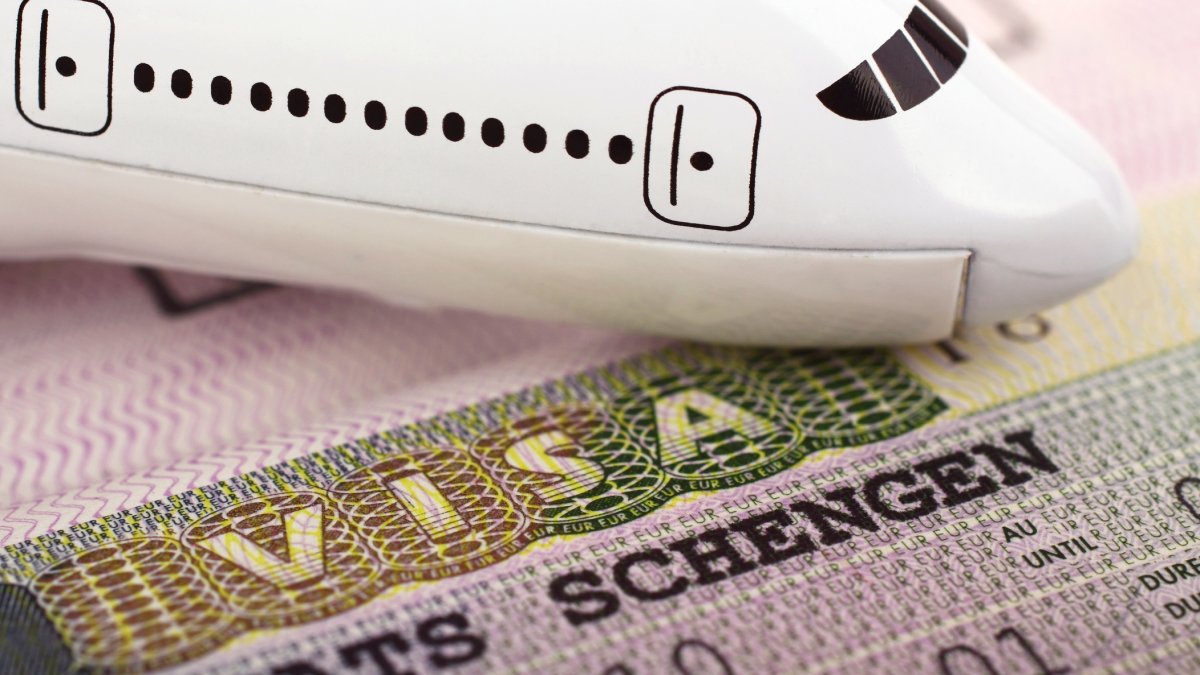


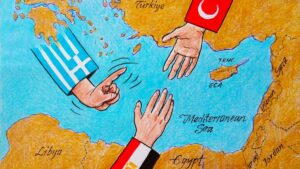
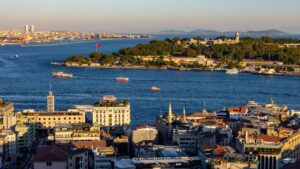



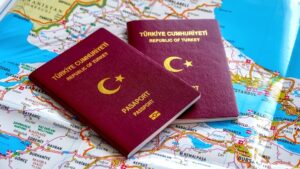
















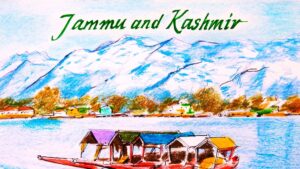















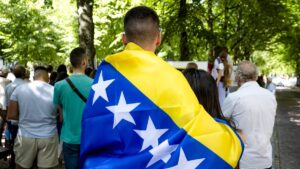



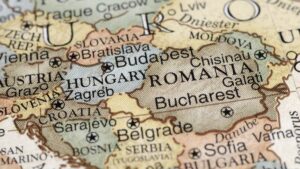



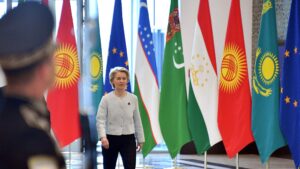

Be First to Comment